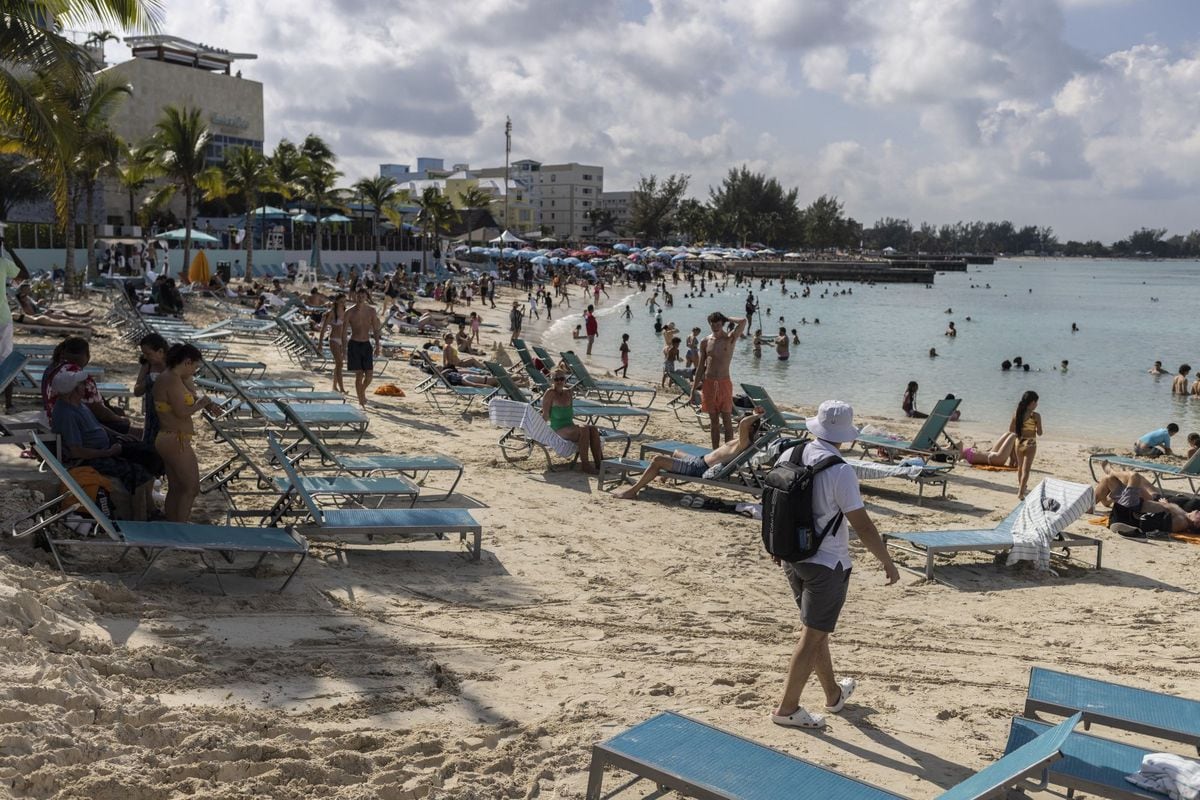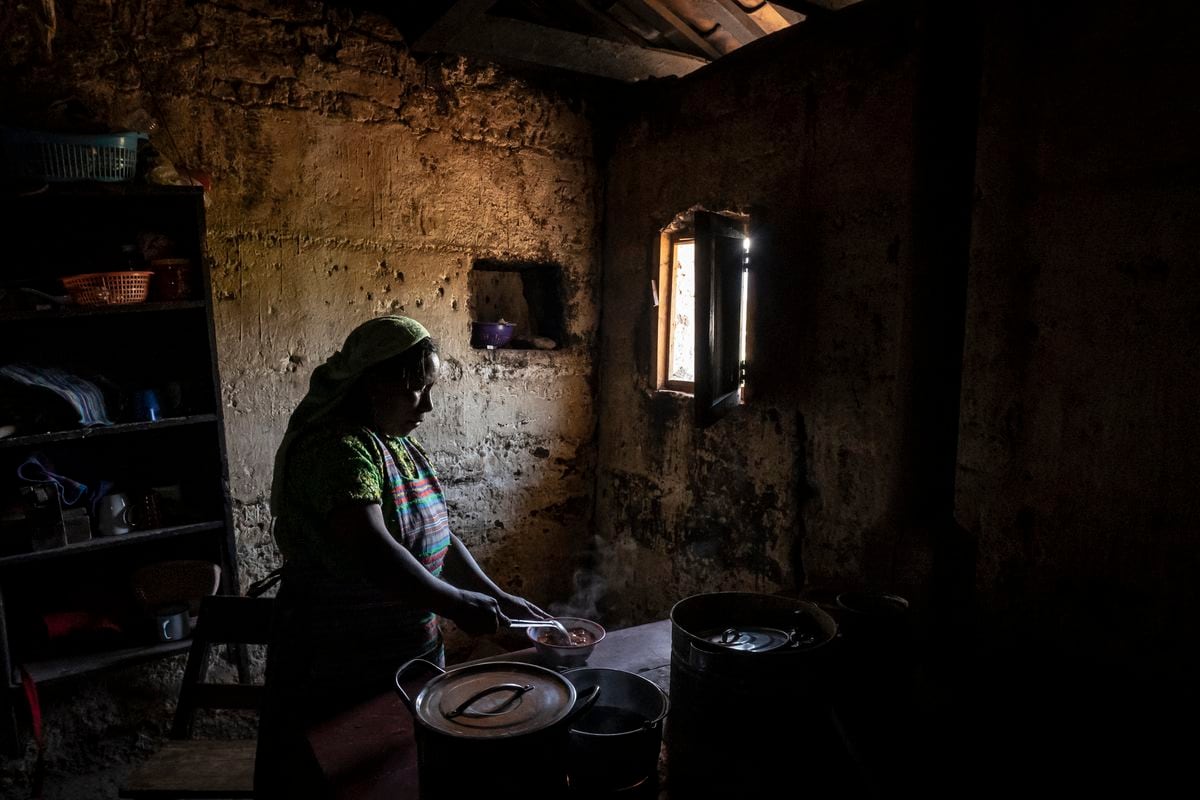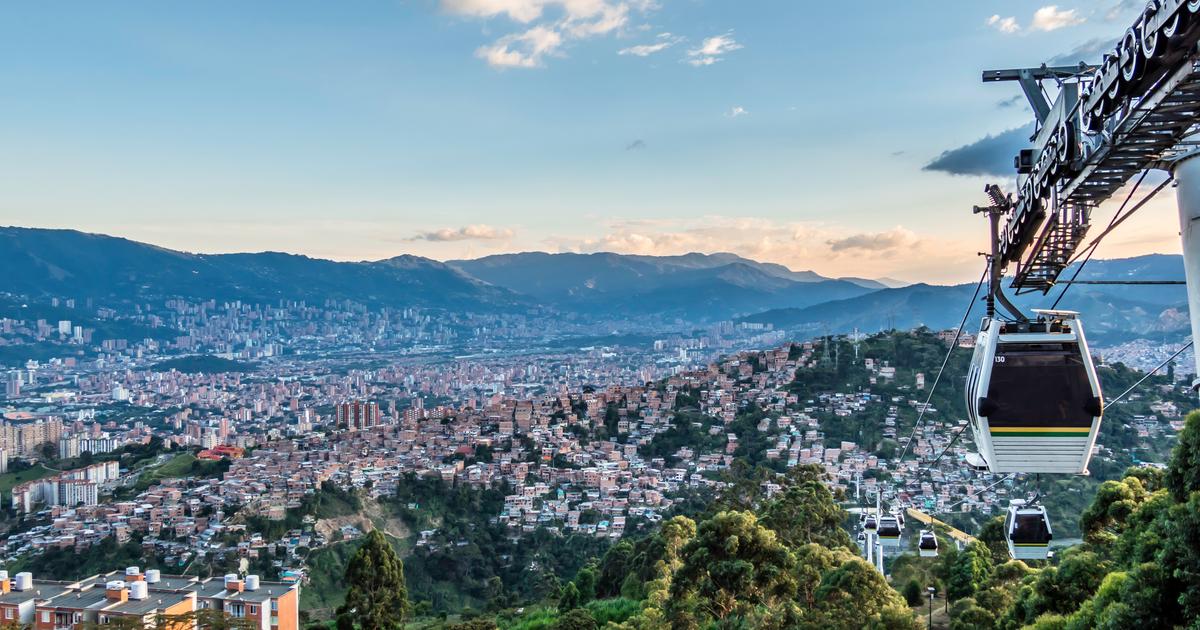EL PAÍS offers the América Futura section open for its daily and global informative contribution on sustainable development.
If you want to support our journalism, subscribe
here
.
Beyond the natural, cultural, and gastronomic treasures that are hidden in Latin America and the Caribbean, tourism represents an important source of wealth generation and has the potential to become one of the great engines of growth, development, innovation, and sustainability. environmental.
In addition, as it is a cross-sector sector (it involves transport, hotels, restaurants, culture, gastronomy, leisure and nature, among others), it can also become a spearhead for the region to lead the global fight against climate change and the conservation of biodiversity.
The importance of the sector in the economy of the region is indisputable: in 2019 it represented 42% of total exports from the Caribbean and 10% from Latin America;
the tourism economy, which includes all the sectors that orbit around the reception of travelers, represented 26% of GDP in the Caribbean and 10% in Latin America;
and generated 35% of employment in the Caribbean and 10% in Latin America, with participation of more than 40% of women.
The magnitude of these data explains the seriousness of the impact of the pandemic, which caused the worst crisis in the history of international tourism.
In 2020, the sector contracted by 73%, causing revenue losses of more than 900,000 million dollars.
Countries such as Honduras, the Dominican Republic, Colombia and El Salvador are recovering and reached, between January and September 2022, tourist arrivals above pre-pandemic levels.
However, most of the Caribbean and South American countries are still below 2019 levels.
In any case, the socioeconomic shock caused by the pandemic has also brought new opportunities for tourism in Latin America and the Caribbean: travelers are looking for increasingly local and authentic experiences and are willing to pay more for sustainable destinations (from adventure tourism to and nature, ecotourism and agrotourism to gastronomic and cultural tourism), a reality that has the potential to especially benefit the countries of the region, due to the extraordinary wealth of its natural heritage.
In this scenario, while advanced economies are taking reactive tourism measures to alleviate the effects of climate change, Latin America and the Caribbean, a region that has contributed little to greenhouse gas emissions and is especially vulnerable to the impacts of natural disasters caused by extreme weather events, has the opportunity to promote sustainable and regenerative tourism that, beyond avoiding the negative impact on the environment, leads to restoring and improving its natural and cultural heritage and, with it, increases the well-being of citizens.
Global trends such as Slow Tourism, for example, which advocate local, local tourism with low environmental impact, have a good breeding ground in the region, as they help develop the business and commercial fabric in large cities and small cities. communities, contribute to developing new tourist routes, both cultural and natural, and new gastronomic circuits.
This new reality represents an unparalleled opportunity for Latin America and the Caribbean to conceive of its tourist destinations not only as generators of wealth, but also as articulators of socioeconomic and productive development that positively impact the environment and contribute to mitigation and adaptation to change. climate.
To promote this agenda and ensure that the voice of the region has a global echo, CAF -development bank of Latin America- will present at FITUR 2023 its new work proposal to promote a model of living and regenerative tourism that contributes to alleviating the effects of climate change, to preserve biodiversity, to promote cultural heritage and to reactivate economies.
The proposal is part of our commitment to invest USD 25 billion in green financing in the next five years and to become the green bank in Latin America and the Caribbean.
In this sense, our tourism agenda aims to improve the well-being of rural communities, indigenous peoples and Afro-descendants;
to protect and restore biodiversity and value ecosystem services;
to reduce vulnerability to natural disasters derived from climate change with more resilient infrastructures and monitoring and prediction systems;
to improve government planning processes;
to promote the circular economy;
and to create new spaces to promote creative and cultural economies, such as museums, galleries, theaters or creative districts.
In the coming decades, Latin America and the Caribbean must take advantage of its great natural potential to become a global benchmark for regenerative tourism, something that would contribute to economic growth, the creation of quality employment, the strengthening of the business fabric and the generation of social returns, especially in local communities.
Alicia Montalvo is CAF's Manager of Climate Action and Positive Biodiversity


/cloudfront-eu-central-1.images.arcpublishing.com/prisa/2C5HI6YHNFHDLJSBNWHOIAS2AE.jpeg)





/cloudfront-eu-central-1.images.arcpublishing.com/prisa/IOQ5LVJEOFAEZHGFMYWVXLFURI.jpg)
